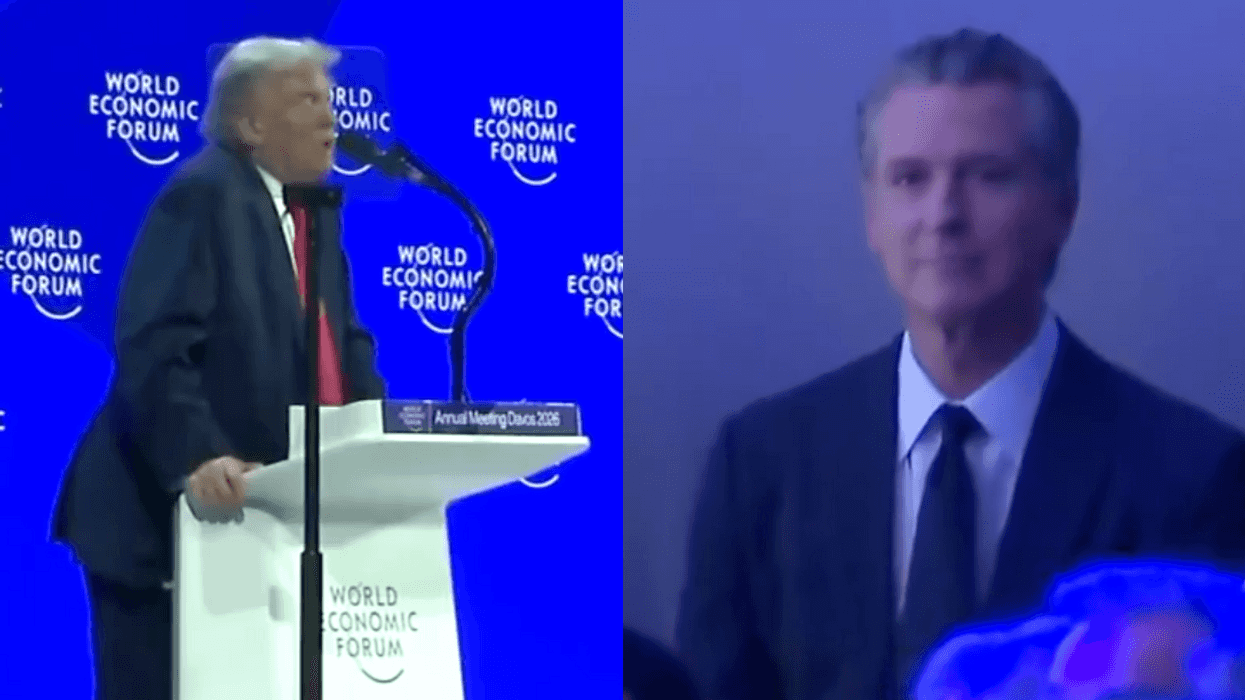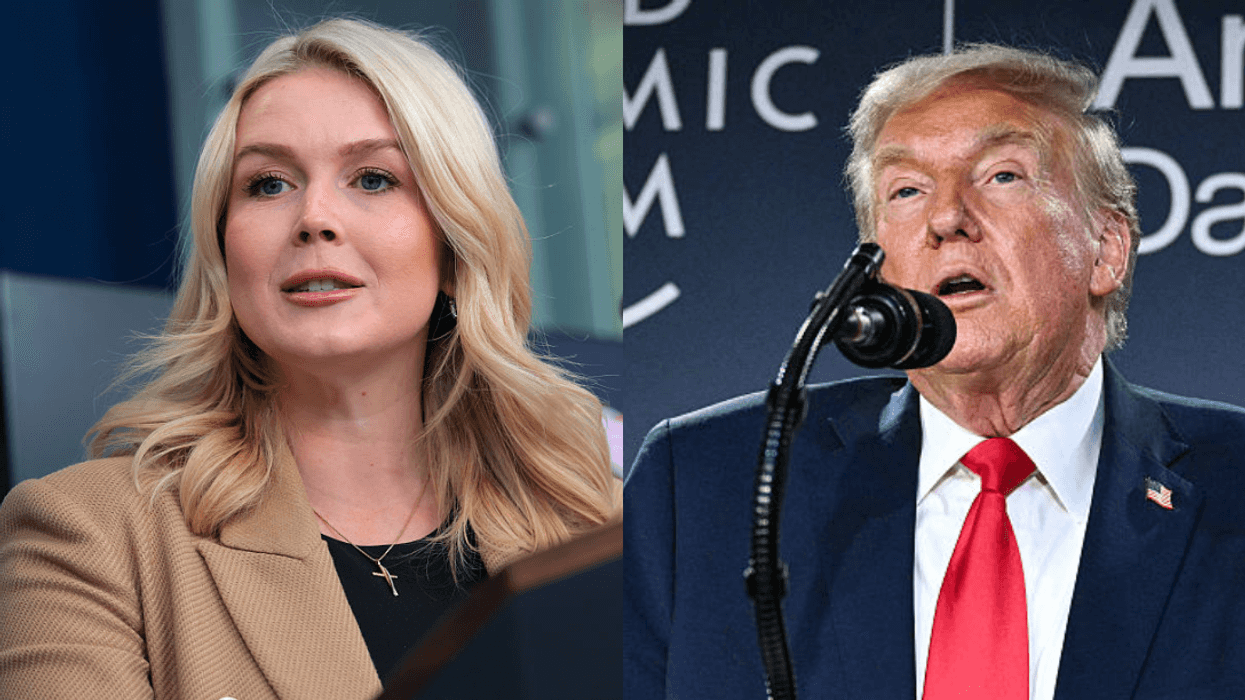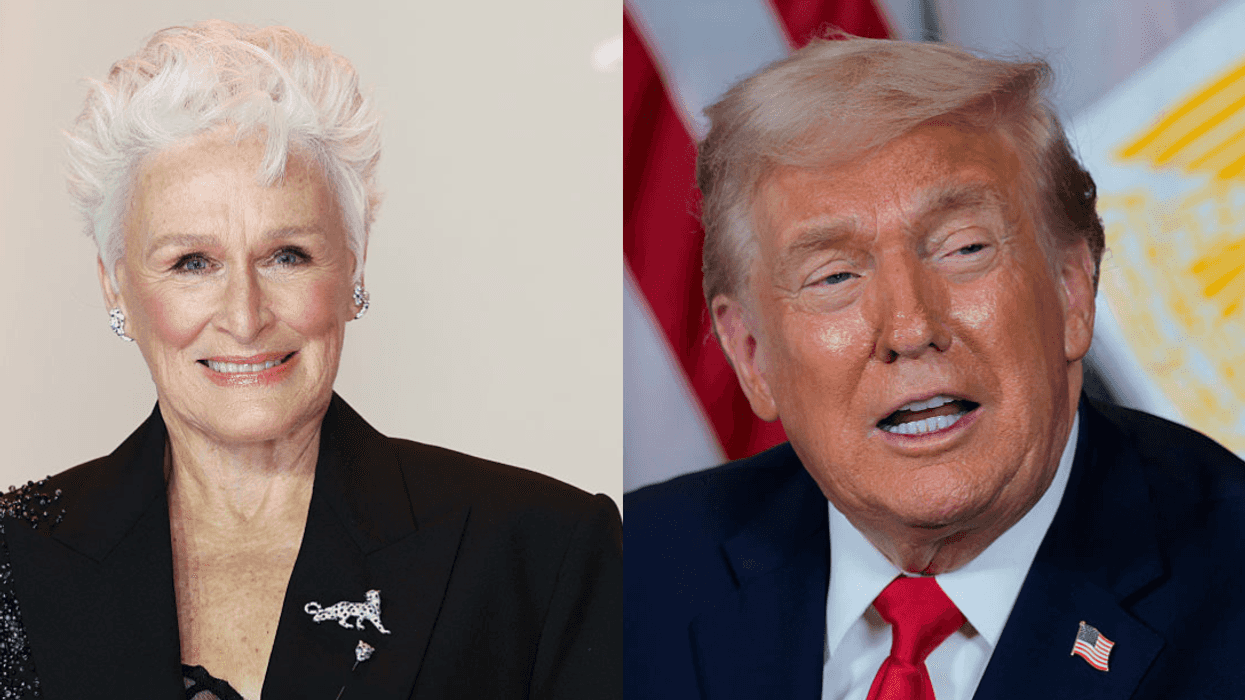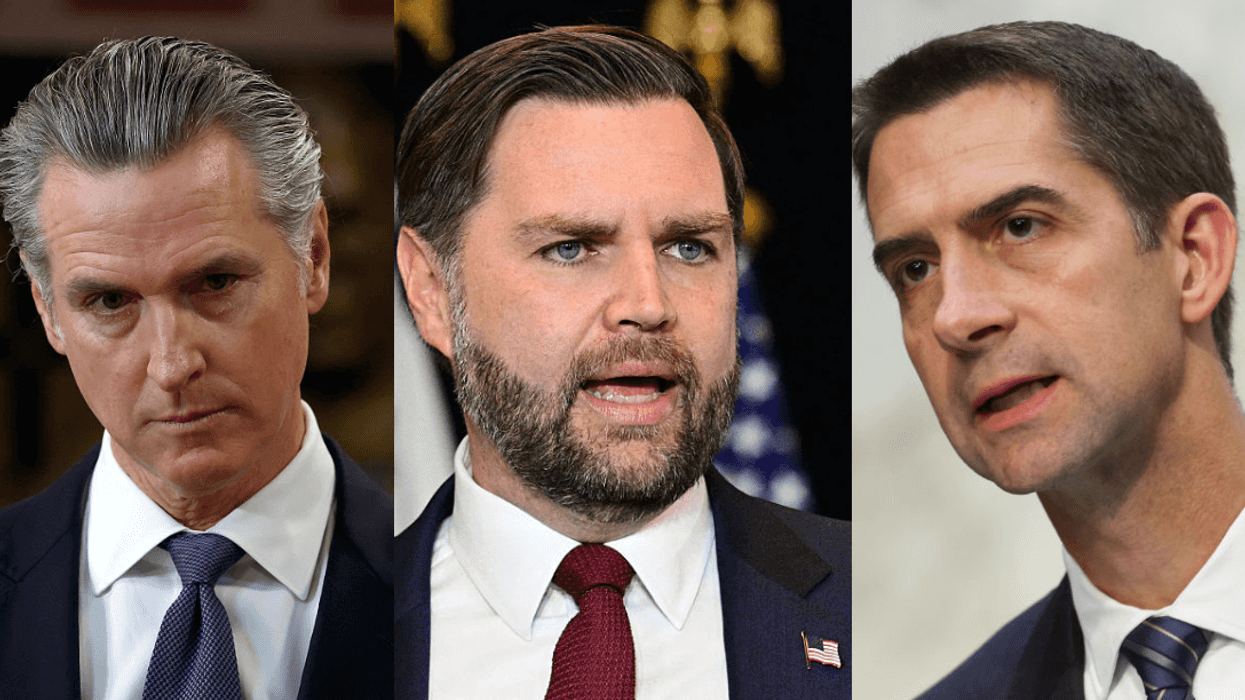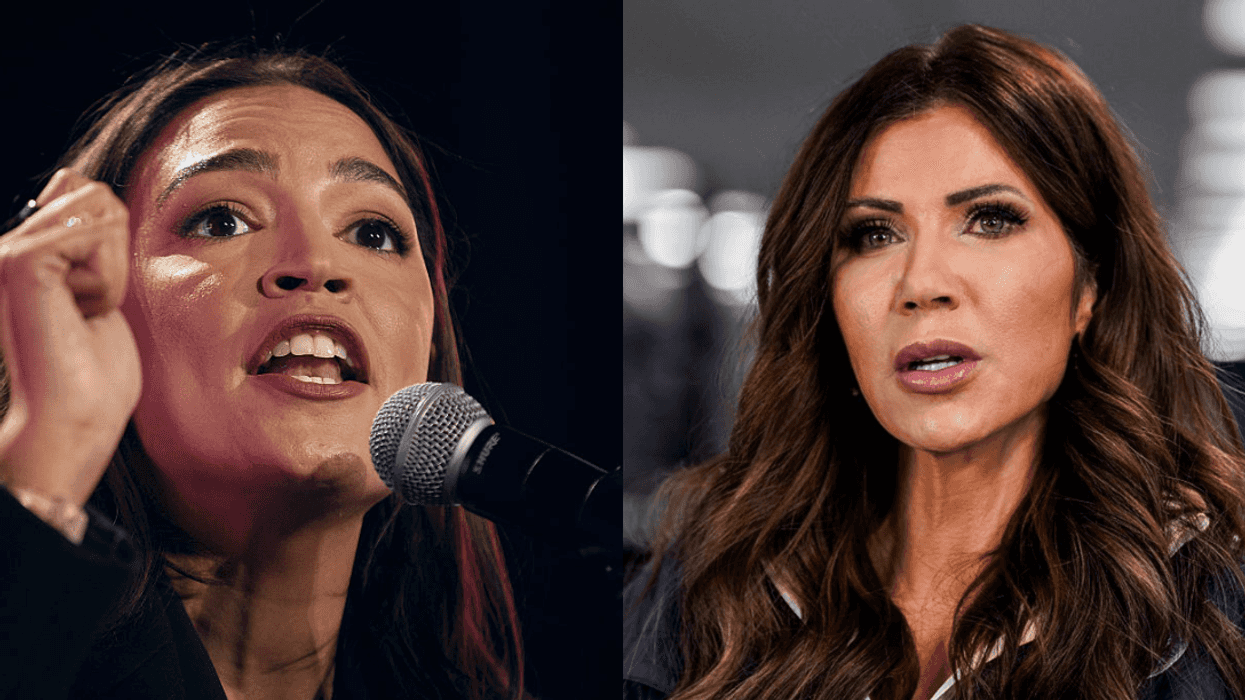Canadian singer Tal Bachman saw the increased representation of LGBTQ+ people in media and pop culture and—instead of celebrating the increased diversity in media—decided to throw a written hissy fit.
His op-ed, titled "Why Does Everyone Have To Be Gay All The Time?," contains the all-too-common sentiment of pretending to be okay with gay people but not their visibility in society. Most people who say things like this really aren't okay with LGBTQ+ people at all, and are mad about increased visibility because it makes it harder for them to pretend they are.
Bachman claimed the small, predominantly Christian, farming community in Washington where he grew up was incredibly accepting of LGBTQ+ people, saying "no one there even cared."
"Wanna be gay? Great. I don't care. No one I know does. I grew up in a small, almost entirely Christian, dairy farming town in Washington forty plus years ago. No one there even cared."
He also seemed to think using "gay" as a pejorative among friends was somehow indicative of acceptance of LGBTQ+ people in the community.
"Sure, the jokes and teasing between friends were more common than now. But in terms of locals getting genuinely upset someone in the community might be gay? Nah."
Next, Bachman talked about gay people having their own communities and culture that didn't interact with straight communities, and that was a good thing.
"Outside our little community, out in the big wide world, metropolitan gay populations did their own thing. They had their own favorite musical artists (The Village People, Bowie, etc.), their own favorite bars and neighborhoods, their own favorite slang terms and books and movies—their own subculture."
Bachman seemed to think this arrangement, which is reminiscent of "separate but equal," was the ideal.
"They didn't seem to care what straights did. Straights didn't seem to care what they did. That was just how it was. Live and let live."
Bachman also seemingly has a big problem with LGBTQ+ people just being allowed to live their lives and participate in society like everyone else, though.
"Anyway, as you might have heard, the military is now gay. Hallmark movies are now gay. TV ads are now gay. Novels, elementary school curricula, baseball, popular songs, marriage, Christian denominations, basketball, children's library readings—all gay."
In a delightful twist of fate, Bachman's one hit song, "She's So High," has actually become something of a gay anthem.
\u201cI just found my planner from eighth grade and there's a note that says my two favorite songs at the time were She's So High by Tal Bachman and Suddenly I See by KT Turnstall\n\nHow did it take me until 21 to realize I was gay?\u201d— Nikki Marie (@Nikki Marie) 1600893501
\u201csometimes I think every incredibly gay feeling I\u2019ve ever had can be traced back to She\u2019s So High by tal bachman like that\u2019s the common ancestor right there\u201d— Jess Zuckerman \ud83c\udf08 (@Jess Zuckerman \ud83c\udf08) 1523574038
\u201cthe fact that i sang she's so high by tal bachman at a talent show in fifth grade and my parents still didn't know i was gay until 11th grade is almost impressive\u201d— ro-cal gay || yj spoilers \ud83d\udeab\ud83e\udea3 (@ro-cal gay || yj spoilers \ud83d\udeab\ud83e\udea3) 1676311690
\u201clistening to tal bachman's she's so high, having gay feelings\u201d— Not A. (@Not A.) 1607554212
While Bachman's song being adopted by the community is certainly amusing, it doesn't make Bachman himself any less phobic.
His op-ed didn't stop with just complaining about how unfair it is he has to witness gay people happily living their lives, but took a much darker turn.
Bachman eventually worked his way around to comparing LGBTQ+ just visibly living their lives and being supported by their communities to ... Stalinists and Kim Jong-Un?
"Everything is, or can be, any time the cultural Stalinists decide. And everyone must instantly erupt in wild, pro-gay cheering whenever our overlords command, just like North Korean peasants when Kim Jong-Un shows up for a public appearance."
"Included in this new mandatory cheering law are all those people who are totally indifferent to private, adult-consenting, sexual behavior. If you don't instantly cheer or comply on command, you're a "hater".
He then set up a scenario where LGBTQ+ people are somehow responsible for homophobia, transphobia, etc...—thereby excusing his own resentment as just a product of getting "gayed out."
"Thinking over all this, you start to wonder if there's some point where ordinary people are going to kind of get 'gayed out' (I just made that up)."
"Maybe the constant hectoring will transform indifference into exasperation, and then exasperation into something like aversion. How would that be 'progress'?"
This rhetoric can be extremely dangerous, as it removes responsibility from people being hateful and places it at the feet of those they harm.
As those who hate LGBTQ+ people and are upset by their increased visibility in society grow emboldened by people in positions of power seeming to share their beliefs, like lawmakers introducing anti-trans bills authority figures being vocally hateful towards trans people and others who fall under the LGBTQ+ umbrella, this kind of rhetoric is especially dangerous.

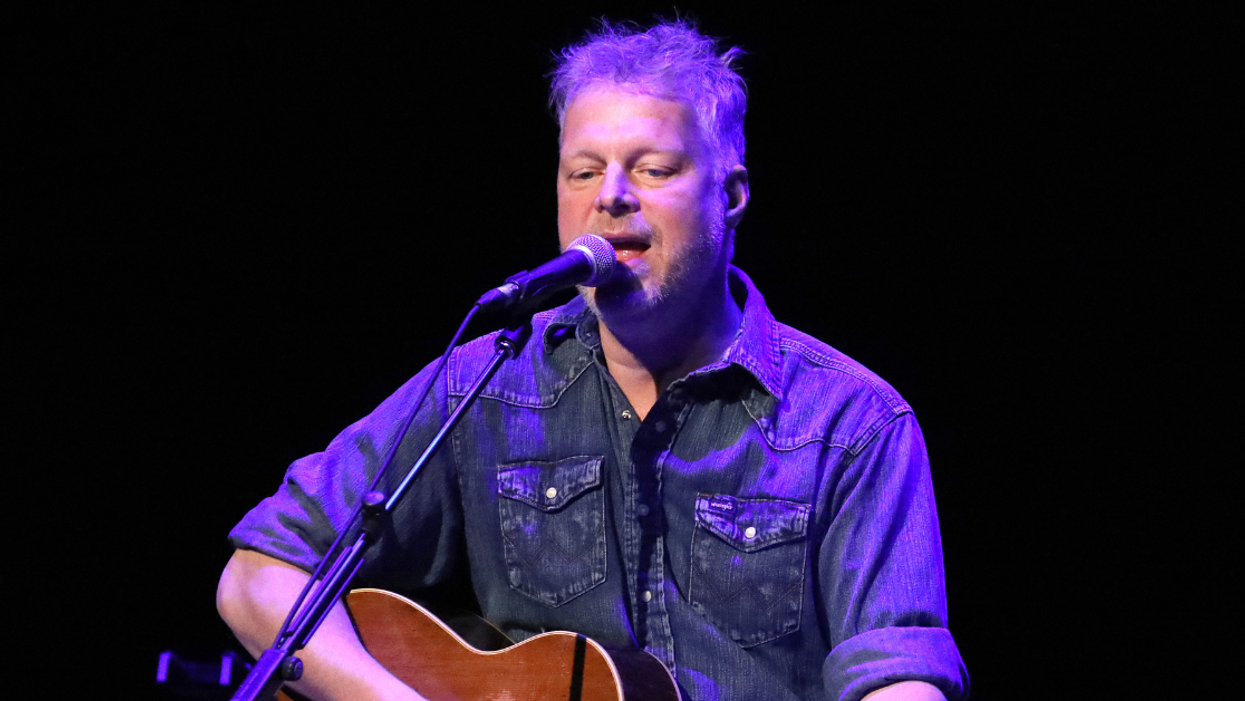


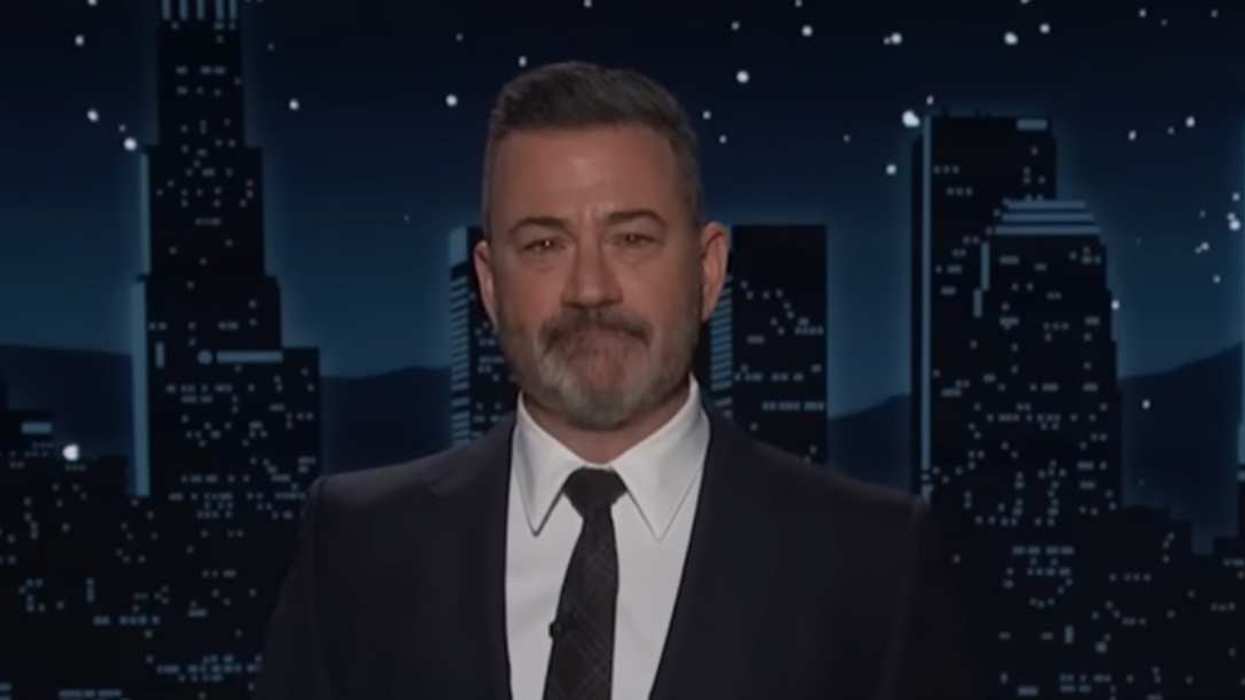



 @complexpop/Instagram
@complexpop/Instagram  @complexpop/Instagram
@complexpop/Instagram @complexpop/Instagram
@complexpop/Instagram @complexpop/Instagram
@complexpop/Instagram @complexpop/Instagram
@complexpop/Instagram @complexpop/Instagram
@complexpop/Instagram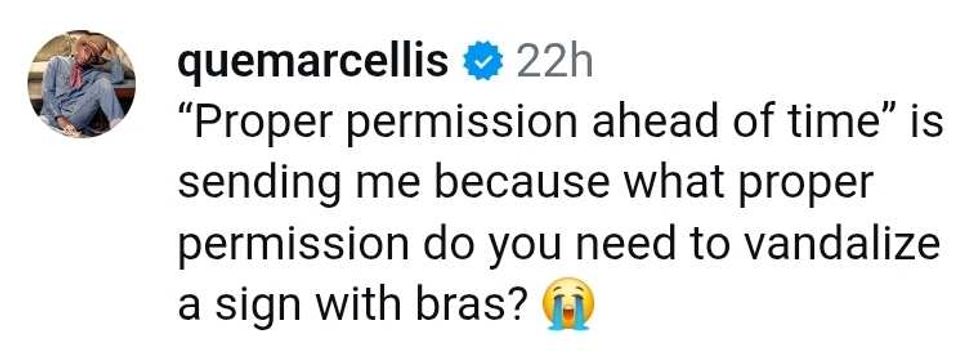 @complexpop/Instagram
@complexpop/Instagram r/Fauxmoi/Reddit
r/Fauxmoi/Reddit r/Fauxmoi/Reddit
r/Fauxmoi/Reddit r/Fauxmoi/Reddit
r/Fauxmoi/Reddit r/Fauxmoi/Reddit
r/Fauxmoi/Reddit r/Fauxmoi/Reddit
r/Fauxmoi/Reddit r/Fauxmoi/Reddit
r/Fauxmoi/Reddit r/Fauxmoi/Reddit
r/Fauxmoi/Reddit r/Fauxmoi/Reddit
r/Fauxmoi/Reddit r/Fauxmoi/Reddit
r/Fauxmoi/Reddit r/Fauxmoi/Reddit
r/Fauxmoi/Reddit r/Fauxmoi/Reddit
r/Fauxmoi/Reddit r/Fauxmoi/Reddit
r/Fauxmoi/Reddit r/Fauxmoi/Reddit
r/Fauxmoi/Reddit r/Fauxmoi/Reddit
r/Fauxmoi/Reddit r/Fauxmoi/Reddit
r/Fauxmoi/Reddit r/Fauxmoi/Reddit
r/Fauxmoi/Reddit r/Fauxmoi/Reddit
r/Fauxmoi/Reddit r/Fauxmoi/Reddit
r/Fauxmoi/Reddit r/Fauxmoi/Reddit
r/Fauxmoi/Reddit r/Fauxmoi/Reddit
r/Fauxmoi/Reddit r/Fauxmoi/Reddit
r/Fauxmoi/Reddit r/Fauxmoi/Reddit
r/Fauxmoi/Reddit r/Fauxmoi/Reddit
r/Fauxmoi/Reddit r/Fauxmoi/Reddit
r/Fauxmoi/Reddit r/Fauxmoi/Reddit
r/Fauxmoi/Reddit
